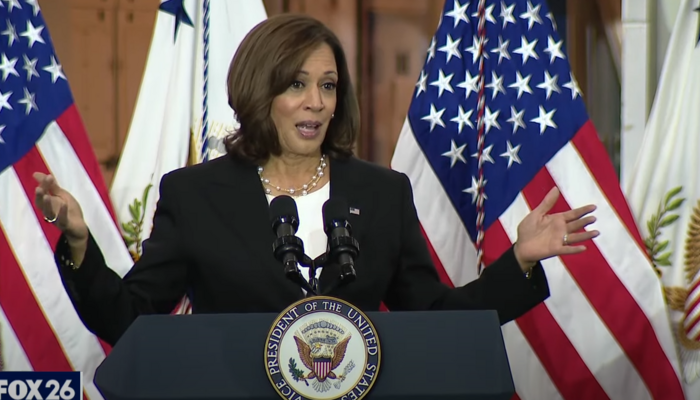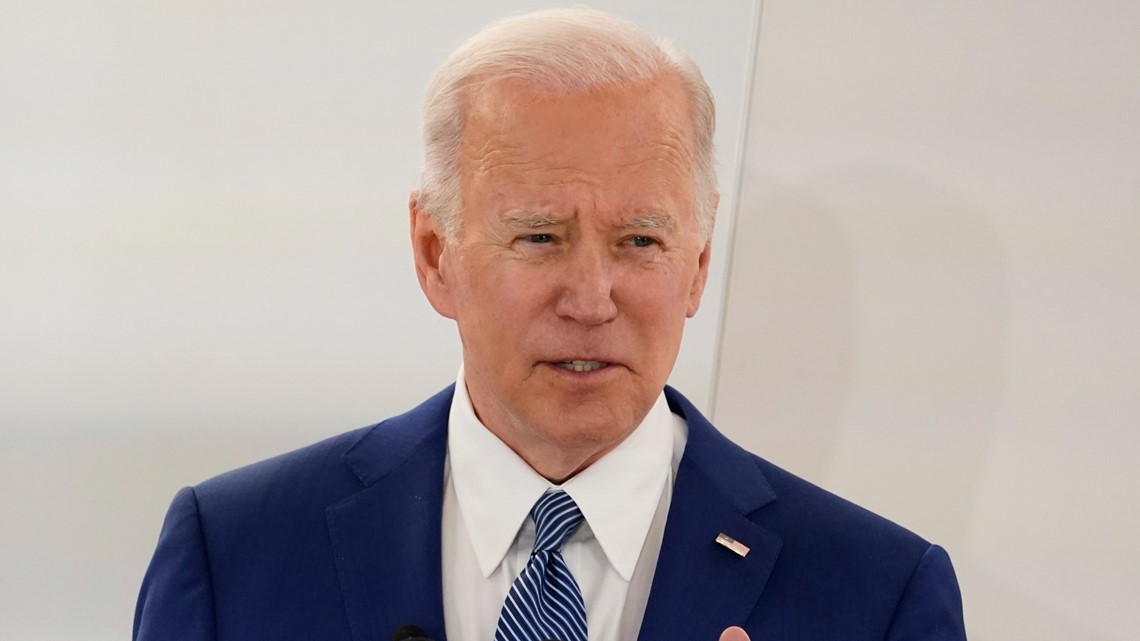
In 2020, the California Legislature approved a ban on sales of most flavored tobacco products, including menthol cigarettes. But the law has been on hold ever since because tobacco interests immediately spent millions of dollars qualifying a ballot referendum to overturn it, allowing the industry to reap two more years of profit from these dangerous products.
Voters now have a chance to strike back at Big Tobacco and clear the way for the new law to take effect by voting yes on Proposition 31 on the Nov. 8 ballot. And they absolutely should.
The law that would be upheld by the ballot measure, Senate Bill 793, was a good idea in 2020, and it still is. Flavors in tobacco products are uniquely harmful because they mask the unappealingly harsh taste of tobacco and can lure in new and often young users and get them hooked. Studies have shown year after year that the vast majority of tobacco users under 18 first tried flavored tobacco products. That’s why the Food and Drug Administration in 2009 banned flavors except for menthol from combustible cigarettes, and is now considering expanding flavor bans to vapes and menthol cigarettes.
It’s also why dozens of cities, including San Francisco and San Jose, have enacted bans on flavored tobacco; Los Angeles’ ban is set to go into effect next year.
Proposition 31 doesn’t criminalize flavored tobacco, as opponents suggest. It prohibits stores and vending machines from selling flavored vapes, cigarillos and menthol cigarettes and levies fines on retailers who ignore the ban, but use or possession would not be prohibited. (The sales prohibition does not apply to flavored loose-leaf and hookah tobacco and certain cigars.) And tobacco users determined to continue their habit can switch to non-flavored tobacco or buy their products from out of state.
The “no” campaign, on which tobacco companies have spent more than $20 million so far, can’t counter the evidence that flavored tobacco harms people and hooks kids, so it has resorted to blowing hot air in a different direction. The opponents’ main argument is that tobacco products are already illegal for people under 21 to buy in California, and this would only deprive users of legal age. Yes, that law exists, but age limits haven’t stopped teens from getting their hands on tobacco products, especially flavored products.
The other arguments against Proposition 31 are just as weak: That the ban would be bad for the state budget because it would reduce revenue from the tobacco tax, which amounted to about $2 billion last year, most of which is directed into programs supporting healthcare, tobacco control and early childhood development. (This argument suggests that even tobacco companies realize Proposition 31 would reduce tobacco sales, and therefore use.
The state’s nonpartisan legislative analyst estimates the loss could be between tens of millions and $100 million a year. But it’s revenue we’d be happy to lose if it reduces nicotine addiction and the costly health problems associated with tobacco use. Previous estimates have indicated this ban could eventually save up to $13 billion in healthcare costs every year.
Opponents also argue that it might drive some small retailers out of business, though they offer no evidence. It’s more likely their real concern is the effect a ban in California will have on their own bottom lines. Don’t be fooled by the tobacco industry’s smoke screen. Vote yes on Proposition 31 to allow a good law to go into effect.















